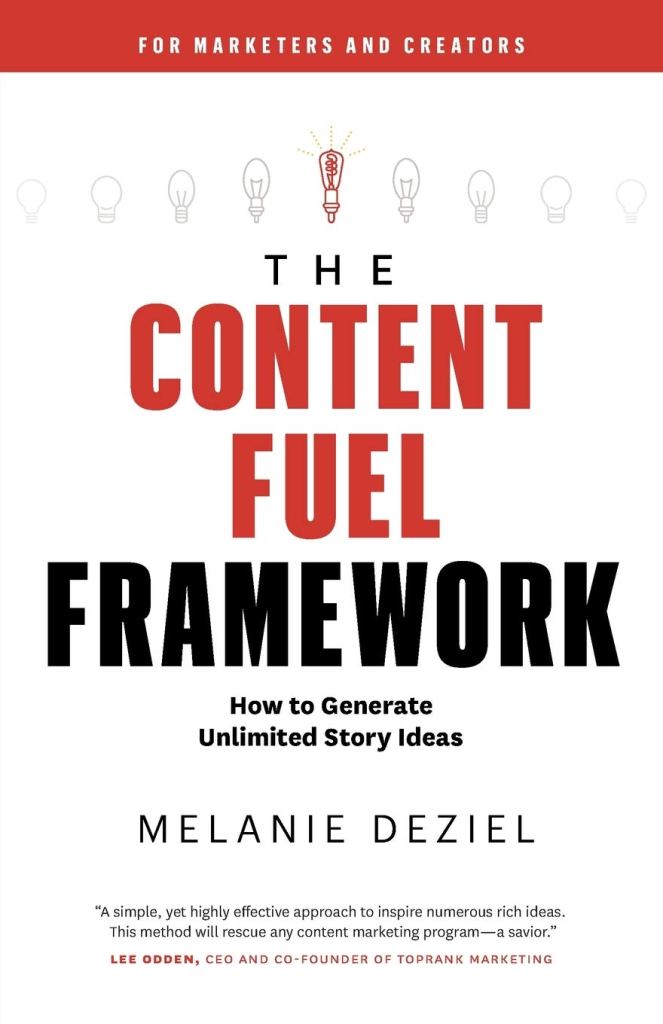Notes on Startups, or how to build the future – with Blake Masters.


(Clicking on the image above will take you to Amazon where a tiny percentage goes to help fund my book buying habit.)
Some will know Peter Thiel (pronounced teal) as one of the founders of PayPal, or maybe even as an Silicon Valley investor. However, it is much more likely that you recognize his name from his brief portrayal in the movie: “The Social Network.” Wherever you know is name from, even if it is from my blog, he is a man worth listening to. Blake Masters certainly thought so when he attended a series of lectures that Theil gave at Stanford and took more copious notes than anyone else. These notes started to circulate to a much wider audience than the student body and so a book project was born.
Zero to One is a reference to the ability of a technology company to go from nothing to something and thereby change the world. Interestingly, Theil defines a technology company as any company with new ideas – doing more with less. This generally means software startups in the mold of Google, Apple, and Facebook, but he is at pains to stress it does not have to be.
Zero to One is interesting because the ideas it contains about business are quite contrarian to what we believe as outsiders about startups and Silicon Valley (and I’m sure to a number insiders as well). We have all been brought up to believe that competition is a good thing; however, Theil makes a convincing case for competition as a destructive force. “Monopoly is the condition of every successful business” and “Every business is successful to exactly to the extent that it does something that others cannot.”
He is on less firm ground when he tries to apply his startup thinking to the wider geo-political world. Although he is undoubtedly on to something with defining groups of people as “indefinite optimists” “indefinite pessimists” “definite optimists” and “definite pessimists” – particularly as it relates to politicians, and finance – it is hard to buy this as it relates to entire continents.
It is interesting to note that a lot of the ideas contained in Zero to One are self evident but are so against standard business thinking (it is a brave man who says Malcolm Gladwell needs to rethink his ideas) that they have the favor of heresy. Why should you expect any business to succeed without a plan? A business that cannot provide a ten fold improvement in technology over its competitors is doomed to competition death. Don’t disrupt – avoid competition. The history of progress is one of monopolistic innovation.
What helps sell these heresies is how Theil relates these to the high tech modern fables that we have all grown to know, but not understand: Google vs. Microsoft. Microsoft vs. the United States Government. The rise of Facebook. And the reemergence of Apple.
One thing that explains a lot of the success of the Silicon Valley startup is the focus and vision of founders. However, as Theil points out this comes with its own drawbacks and potential pitfalls – particularly as you try to apply his thinking to general business environments.
“…(the) strange way that new technology companies often resemble feudal monarchies rather than organizations that are supposedly more modern. A unique founder can make authoritative decisions. Inspire strong personal loyalty. And plan ahead for decades. Paradoxically, impersonal bureaucracies staffed by trained professionals can last longer than any lifetime but usually act on short time horizons.”
The cult of personality can come at a cost for both the founder and the companies they have created. Founders are important not because they are the only ones who’s work and add value but because they can bring out the best work in other people. Adulation of a founder has to be tempered by the fact that it can turn into demonization and notoriety at any point. Theil indeed makes a striking comparison between founders and the worshiping of scapegoats and sacrifices of ancient peoples.
Zero to One is that most rare of things, a business book that actually contains new and interesting ideas about companies and markets that you felt you already knew about. It also has some stark lessons for those who seek to emulate the success of the startup model, without understanding what makes it successful in the first place. Hint: it is not the perks!
This is less a manual for the modern startup, and more a cautionary tale about borrowing ideas without understanding context. Whatever you take from it, it is certainly a book worth reading and Theil is a thinker we should hear more from outside of Silicon Valley.



